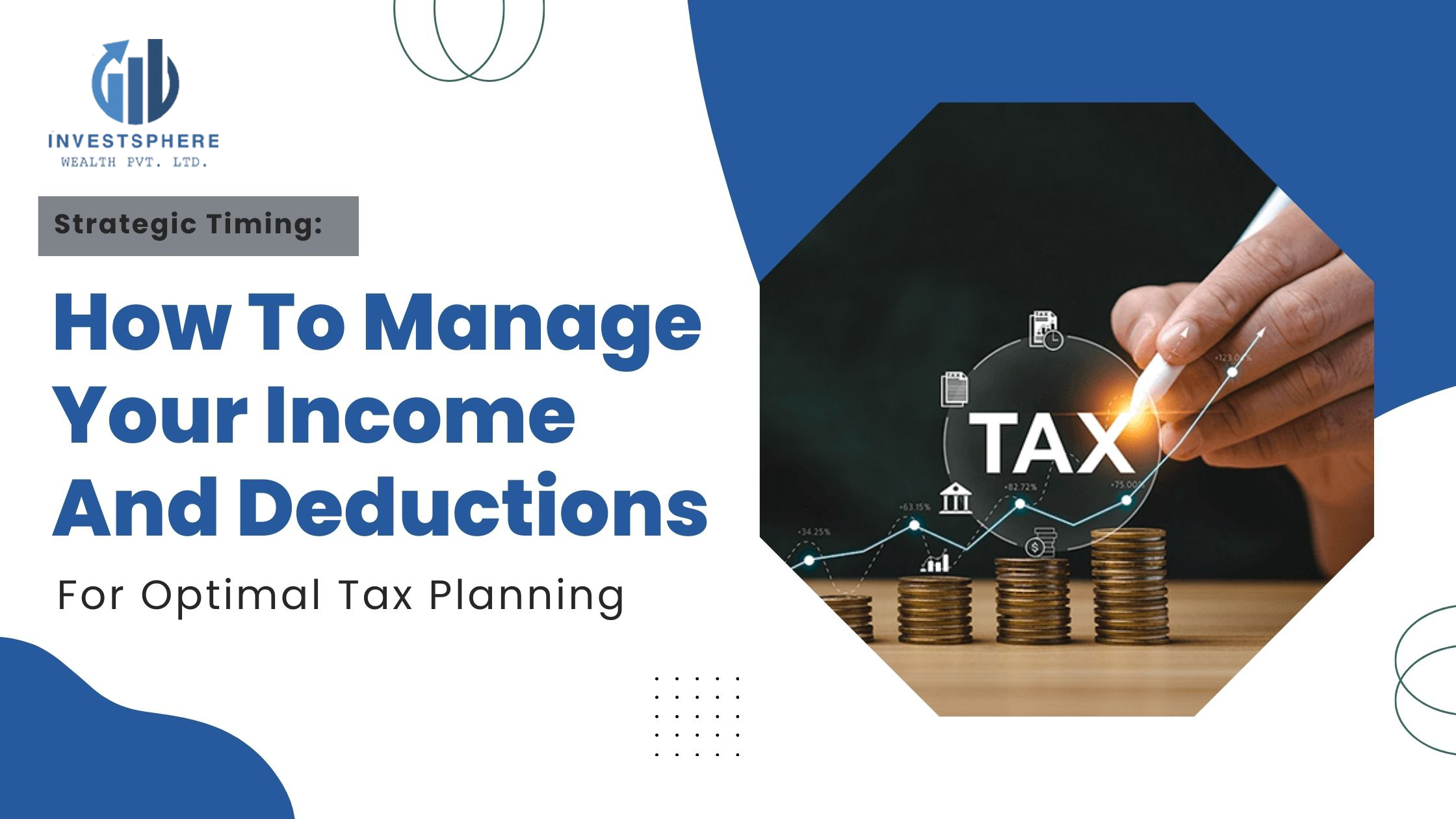Term insurance is a type of life insurance policy that provides coverage for a specific period, known as the term. It offers financial protection to the policyholder's beneficiaries in the event of the insured's death during the term of the policy. Term insurance policies are typically straightforward and affordable, offering a high coverage amount (sum assured) at relatively low premiums. However, unlike other types of life insurance policies, such as whole life or endowment plans, term insurance does not accumulate cash value over time and only pays out a death benefit if the insured passes away during the term of the policy. It is designed to provide financial security and peace of mind to the insured's dependents during the critical years when financial obligations, such as mortgages, loans, or children's education expenses, are highest. Term insurance is suitable for individuals looking for affordable life insurance coverage to protect their loved ones against financial hardships in the event of their untimely demise.
What are the different types of term insurance plans available?
Term insurance typically comes in various forms to cater to different needs and preferences:
Level Term Insurance:
In a level term insurance policy, the death benefit (sum assured) remains constant throughout the term of the policy. Premiums also remain fixed for the duration of the policy term.
Increasing Term Insurance:
With increasing term insurance, the death benefit increases over time, usually in line with inflation or specific milestones such as the birth of a child or a mortgage repayment. Premiums may also increase accordingly.
Decreasing Term Insurance:
In decreasing term insurance, the death benefit decreases over time, typically in line with a decreasing financial obligation such as a mortgage or loan. Premiums may remain constant throughout the term of the policy.
Convertible Term Insurance:
Convertible term insurance policies allow policyholders to convert their term insurance policies into permanent life insurance policies, such as whole life or universal life insurance, without undergoing medical underwriting.
Renewable Term Insurance:
Renewable term insurance policies allow policyholders to renew their coverage for another term without undergoing medical underwriting. However, premiums may increase upon renewal based on the insured's age and health status.
Term Insurance with Return of Premium (TROP):
TROP policies offer a refund of premiums paid if the insured survives the term of the policy. These policies typically have higher premiums compared to traditional term insurance but provide a return of premiums if no claim is made during the policy term.
What is the importance of term inurance ?
Term insurance plays a crucial role in financial planning by providing affordable and straightforward protection for loved ones in the event of the insured's death. Its importance lies in offering a high coverage amount (sum assured) at relatively low premiums, making it accessible to a wide range of individuals. Term insurance helps ensure financial security and stability for the insured's dependents during critical years, covering expenses such as mortgages, loans, and children's education costs. It provides peace of mind by safeguarding against the financial hardships that may arise from an untimely demise, allowing families to maintain their standard of living and meet their financial obligations. Additionally, term insurance is essential for individuals looking to protect their loved ones' future and leave a lasting legacy of financial protection.





